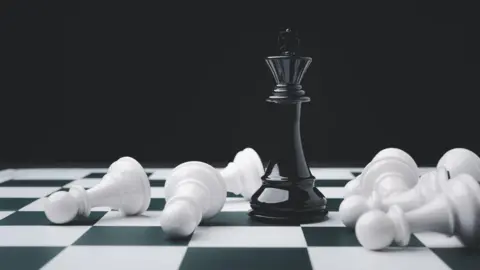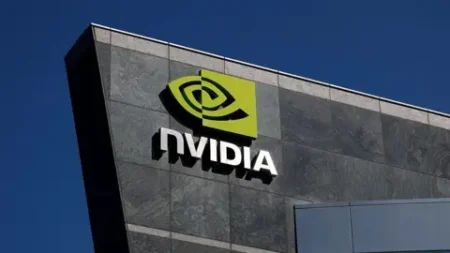In a recent development within the tech world, OpenAI has triumphed over Elon Musk’s AI model, Grok, in a groundbreaking chess tournament that aimed to determine the best artificial intelligence (AI) chess player. This tournament marked a significant moment as it not only showcased the advanced capabilities of these AI programs but also highlighted the ongoing rivalry between two tech giants, OpenAI and Musk’s xAI. OpenAI’s model, known as o3, remained unbeaten throughout the competition and ultimately defeated Grok 4 in the final match, successfully adding further tension to the ongoing competition between the two firms.
Historically, chess has been a critical testbed for artificial intelligence, providing a platform to measure the prowess of computer systems against top human players. In modern times, specialized chess engines have become virtually unbeatable, often surpassing the best of human opponents. However, this particular tournament took a unique approach by utilizing AI models designed for broader everyday applications rather than solely focusing on chess-specific algorithms. The competition, hosted on the Google-owned Kaggle platform, gathered eight language models from prominent tech firms, including Anthropic, Google, OpenAI, and xAI, along with competitors from the Chinese tech landscape like DeepSeek and Moonshot AI.
Despite their remarkable skills in various everyday tasks, these AI models encountered challenges when it came to chess. The final matches revealed significant vulnerabilities, particularly with Grok, which made several blunders, including repeated losses of its queen. Pedro Pinhata, a commentator from Chess.com, noted how Grok appeared overwhelmingly strong leading up to the semi-finals but faltered dramatically with “unrecognizable” and “blundering” moves on the final day. The chess grandmaster Hikaru Nakamura also weighed in during his livestream of the event, emphasizing that while Grok made numerous errors, OpenAI’s performance was notably flawless.
Elon Musk, the co-founder of xAI, attempted to downplay the implications of Grok’s performance by stating on the social media platform X that their success so far was merely a “side effect” and that not much effort was invested in developing Grok for chess. This admission reflects the occasional criticism surrounding AI implementations in gaming, where a lack of tailored programming might lead to unexpected failures, even in models considered state-of-the-art.
Google’s AI model, Gemini, emerged in third place after winning against a different OpenAI model. While many of these AI systems possess superior coding and reasoning abilities, their development in complex strategic games like chess illustrates an ongoing journey of maturity in machine intelligence.
The motivations behind AI participation in chess extend beyond competitive spirit. Competitions like this serve as benchmarks for evaluating models’ learning capabilities and strategic reasoning. The strategic nature of games like chess and Go makes them particularly useful for measuring AI’s ability to strategize effectively. Chess has historically been utilized as a significant milestone for AI development. Notable milestones include Deep Blue, the IBM supercomputer that famously defeated chess champion Garry Kasparov in the late 1990s, and AlphaGo, Google’s program that outmaneuvered top human Go players.
Overall, the results from the tournament not only reaffirm the ongoing advancements in AI but also serve as a reminder of how quickly technology continues to evolve in this space. The implications of this rivalry between OpenAI and xAI may influence future developments in AI and its applications, shaping a new era of competitiveness and innovation in technology. As AI progresses, future encounters in chess or similar domains might determine not only the strongest models but also the broader potential of artificial intelligence in various fields.











